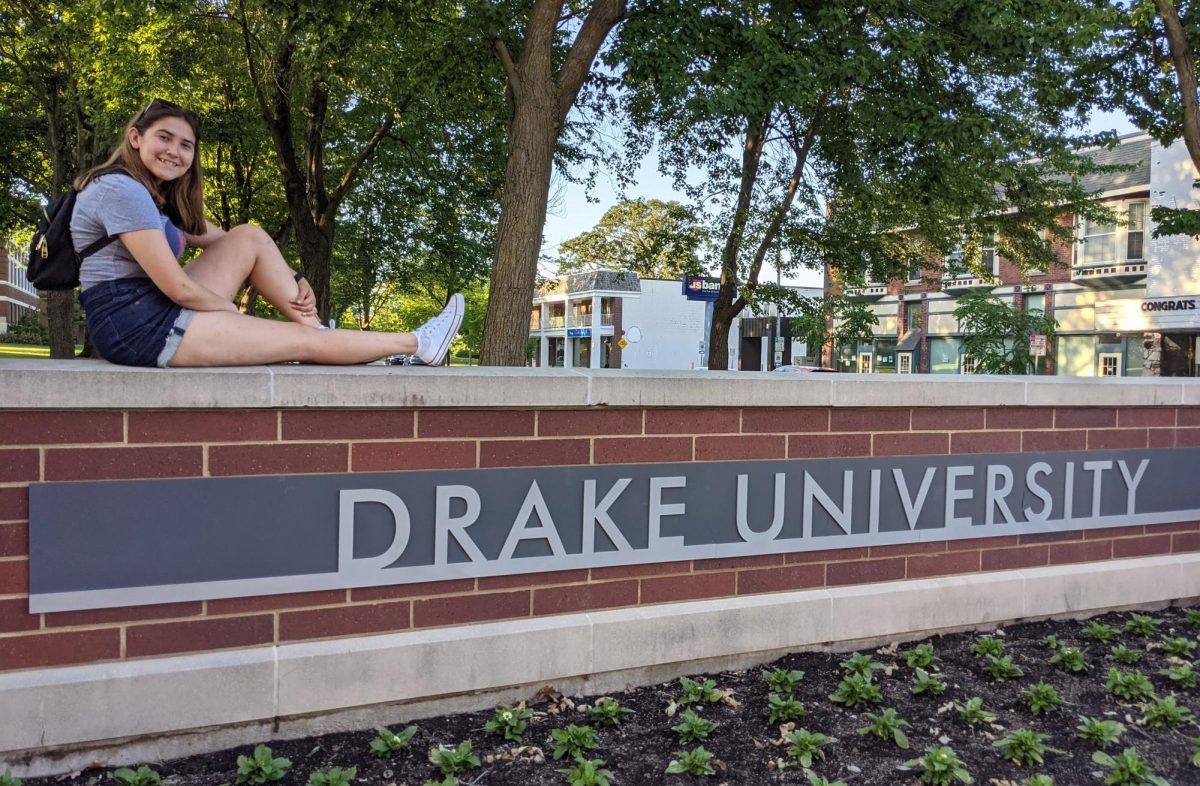By DRAKE LOHSE
Dick Cheney is the devil. That’s what Christian Bale thinks at least, and he played the guy. And not only did he play the guy, but he played him well. Scary well. From the moment the planes hit the towers in a chaotic opening sequence, Bale simply disappears into Cheney—scowling and growling, hunched and sauntering about the screen like a silverback gorilla. He is Vader-esque. Even the way he eats pastries is vicious. However it is you view Cheney before seeing Vice, you’ll come away either hating him—or wanting to be him. Vice tells the story of Dick Cheney’s election to the Vice Presidency instead as a rise to power. And if the depiction was in fact too ridiculous—if one day we realize this film as a complete farce without a shred of fact—then it doesn’t matter. If Cheney wasn’t the man before, he is now.
Playing—admittedly—fast and loose with the details, Bale’s Cheney is captivating from beginning to end—an end that depicts Cheney’s heart being taken from his body, and placed on a cold steel table. So it’s not a stretch to think that amidst all the speculation and tension following Vice’s release that Cheney is back in the mountains of Wyoming, flipping through reviews like this one and enjoying it a little bit.
For those who choose to see Vice, Bale’s performance may be the only aspect of the film that consistently strikes. There’s plenty to love about this movie, but there’s also plenty of clangy bells and whistles to serve as a noisy distraction. The last time Adam McKay directed a film with this much hype, it was called The Big Short. Sitting through Vice, one gets the sense that McKay may have gotten just a bit too cocky since his 2015 slam dunk.
Vice is saturated with over-the-top gimmicks and sideshows, such as flash depictions of cheetahs pouncing on zebras, a loud cut of He-Man, a set of false credits, and weirdly placed and unexplained penis jokes. The most frustrating of the carnival tricks may be Jesse Plemons’ narration. By the end of the movie, you’ll realize that Plemon’s presence was necessary all along, in an admittedly enjoyable mini plot-twist. However, it takes a lot of stopping and starting with Plemons to reach that point. Don’t be surprised if, during Vice, you find yourself praying that Kermit the Frog will shut up so that the story can go on. Combined with all the other production ploys, and Vice end’s up feeling like a slideshow that keeps getting stuck in between slides.
Vice is an ambitious project. It would be for any director to take on. In order for it to work, every second of film needed to be utilized, shooting instead for the cosmos. So when Vice strikes out—it strikes out hard.
Yet, when the bat cracks, Vice smacks you in the face. What Vice does well is set the tone early. Before Jesse Plemons’ voice ever begins, a disclaimer appears on screen, admitting that while some of the details included in the film may be outlandish, they “did their f****** best.” Aside from Bale’s casting, that may be the most brilliant decision that McKay makes. From that point forward, Vice becomes one long series of questions. You might ask yourself—were there some dark motivations behind America’s invasion of Iraq? Was Dubya just another body in Cheney’s shady chess game? Did Dick Cheney really make himself the “secret president of the United States?”
It’s not Christian Bale’s fault if these thoughts cross your mind. It’s not Adam McKay’s. For the movie never outright proclaims anything. It barely even suggests. Vice’s greatest strength is its ability to reach behind your eye sockets with money-grubbing grease fingers, dive deep into your subconscious, provoking you to ask new questions all on your own.
And in that way, Vice isn’t just a fun film—it’s an artistic triumph. The final question may be the most damning. But not of Dick Cheney. Many today are publicly wary of our current president, and the tactics that he employed to get to where he was. But when Christian Bale, disguised as Dick Cheney, in all his Machiavellian glory, breaks the fourth wall and asks, “I did what you asked me to do. What more do you want?” the immediate question isn’t “how does someone like that get to to White House?” It’s “how does anyone else get to the White House?”







